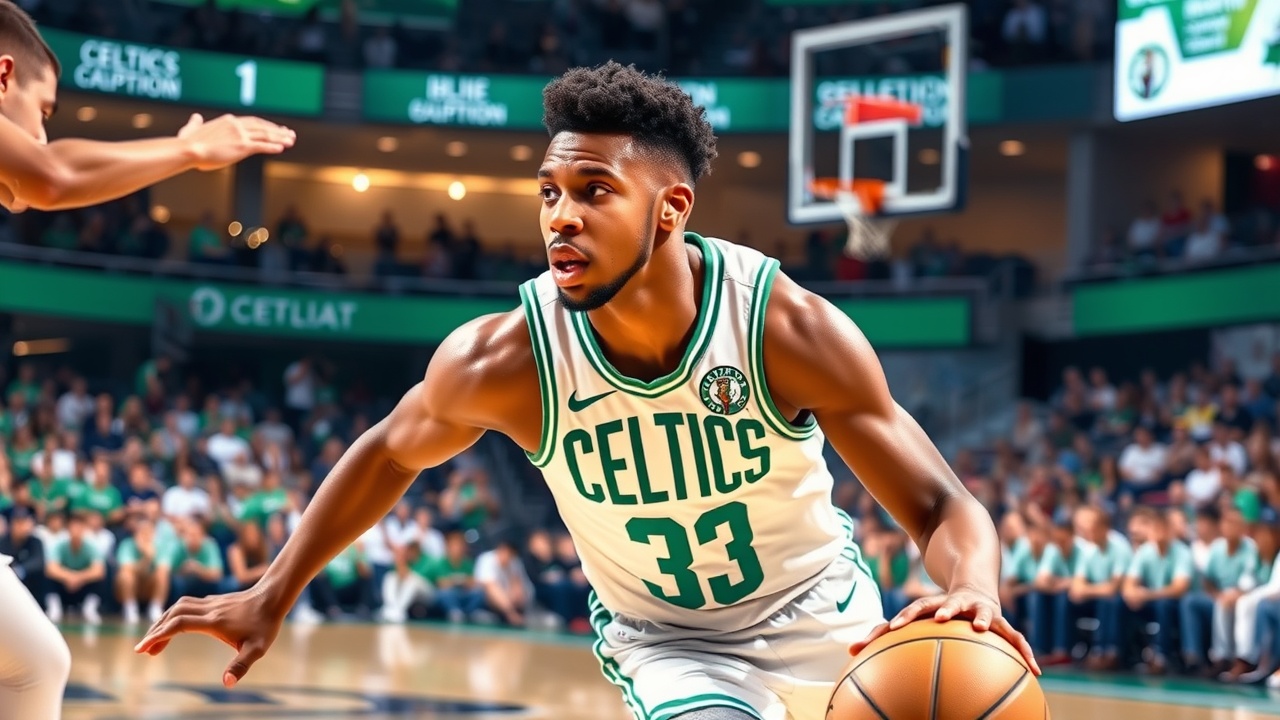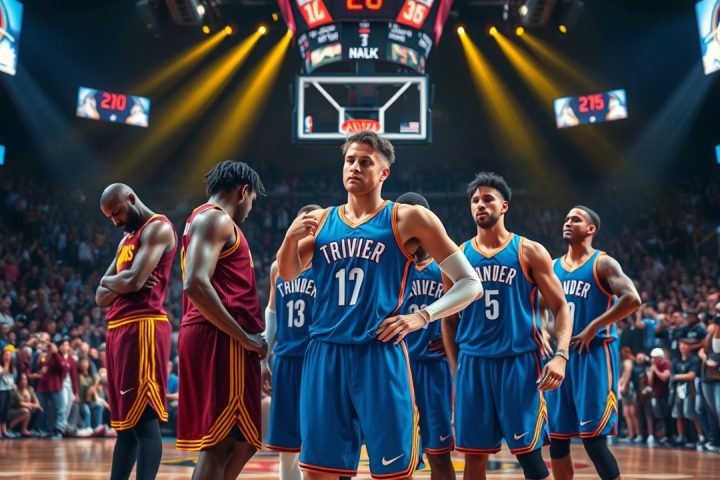Boston Celtics’ Financial Overhaul Strategy
The Boston Celtics seem to be strategizing for a financial overhaul as they contemplate trading Anfernee Simons, whose expiring contract is worth $27.7 million. Reports indicate that the Celtics are actively seeking to offload Simons to create more salary cap flexibility, which aligns with executive Brad Stevens’ goals outlined following the recent NBA Draft. Stevens emphasized the importance of maintaining roster agility while also looking to retain key players, such as Luke Kornet and Al Horford.
Current Roster Challenges
Following recent trades involving Jrue Holiday and Kristaps Porziņģis, the Celtics find themselves in a precarious position, still approximately $15 million over the luxury tax threshold. To navigate this situation successfully, they will need to make further cuts to their payroll, allowing them not only to reduce expenses but also to facilitate keeping Kornet and Horford on the roster. Stevens acknowledged these veterans as integral to the team’s structure and expressed a strong desire to bring them back.
Uncertain Future for Simons
Simons joined Boston in trades that also brought in Georges Niang, but his future with the team is uncertain as he could potentially be traded again before even stepping on the court. Meanwhile, discussions around Sam Hauser’s contract—valued at four years and $45 million—have surfaced, with the organization leaning towards retaining him due to his shooting skills and value in the rotation.
Offseason Developments and Future Aspirations
This offseason has marked a busy period for the Celtics, and Stevens hinted at the necessity for further actions post-draft regarding roster flexibility. In light of Jayson Tatum’s lengthy recovery from a ruptured Achilles, the urgency to maneuver under the salary cap intensifies—avoiding the luxury tax now could grant them financial freedom in the future. The organization’s strategy hinges on resetting the repeater tax by avoiding luxury tax penalties for consecutive seasons.
Ownership Commitment and Strategic Decisions
Ownership has shown a commitment to investing in the team, but Stevens underscored the complexity and strategic nature of their decisions, stating that prioritizing flexibility remains critical. The Celtics are navigating cost constraints dictated by the NBA’s collective bargaining agreement, which limits long-term financial commitments.
Optimism for the Future
Mike Zarren, the team’s vice president of basketball operations, reflected on the challenges of player transitions and the competitive landscape of the NBA, expressing optimism about their current assets and the competitive positioning for upcoming seasons. He noted that their proactive strategies in the previous offseason had been intentional, capitalizing on existing advantages before more stringent financial rules took effect. This approach could soon yield a significant payoff in title aspirations for the franchise.




